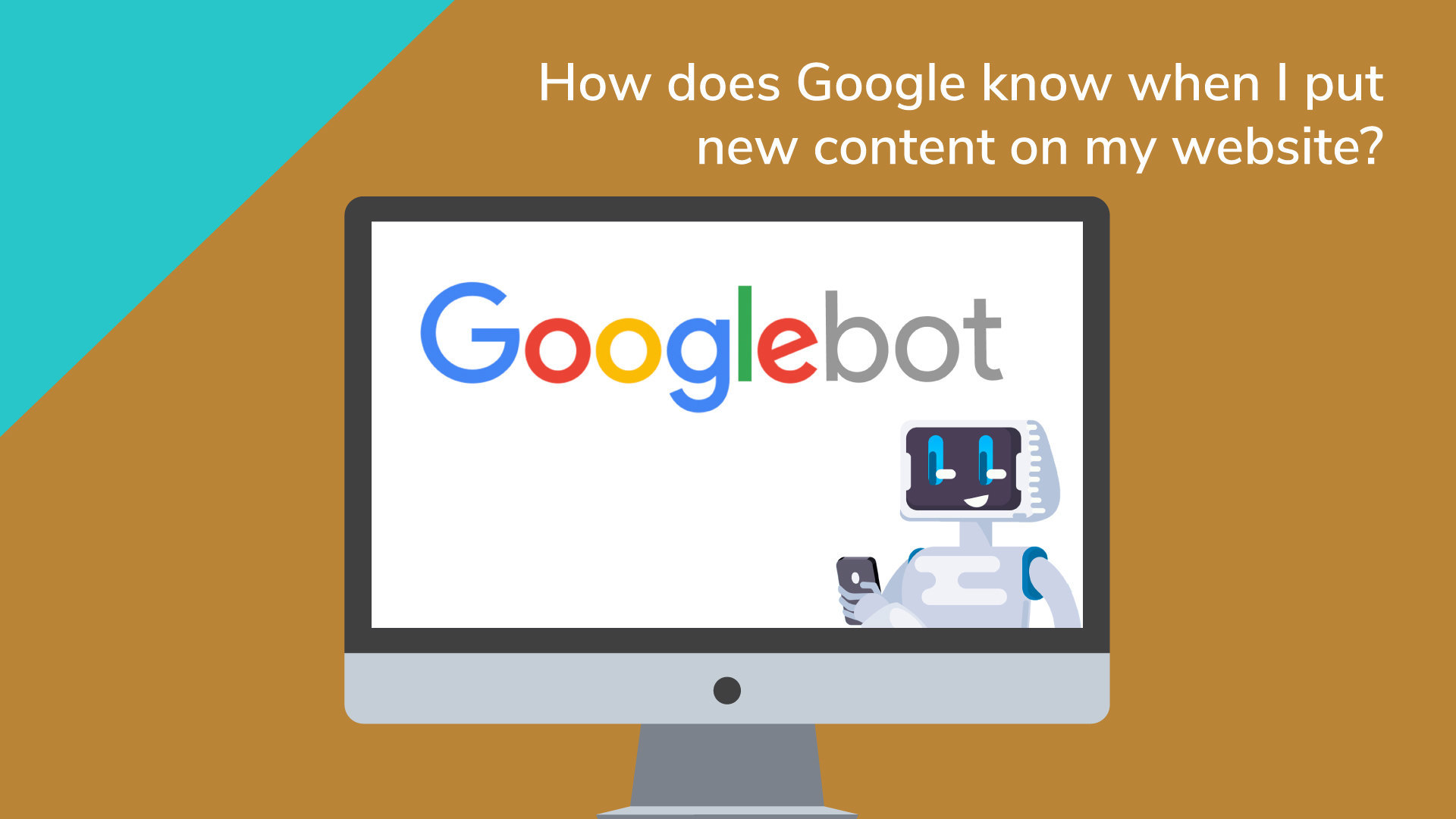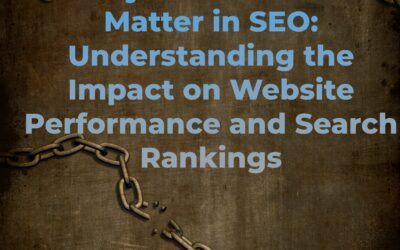This is a common question I get all the time, especially as I coach individuals how to do content marketing. They type out a post on their website and they wait. Does Google even know they posted that? The short answer is, yeah, they do.
Table of Contents
ToggleDoes Google Even Know They Posted That?
The short answer is: yes, they do. Google is the king of the internet, and its sophisticated algorithms and tools ensure that new content is recognized almost immediately after it goes live.
Google’s Crawling and Indexing Process
At the core of Google’s ability to discover and categorize content is a system known as crawling. Google uses automated programs called “Googlebots” (or crawlers) to scour the internet constantly for new or updated content. These bots visit websites, read their content, and follow links to other pages, gathering information about what’s available on the internet. The frequency with which a site is crawled can vary based on several factors, including the site’s popularity, how often it updates content, and the overall structure of the website.
Typically, Google can find new content within hours of it being posted. In some cases, it can happen within minutes, particularly for popular sites that are updated frequently. This means that when you publish a new article, blog post, or update existing content, you can be confident that Google is quickly taking notice.
How Google Indexes Content
Once Googlebots crawl a website, the next step is indexing. Indexing involves processing the information collected during crawling and storing it in Google’s vast database. This index is what allows Google to retrieve relevant content when users perform searches. The better a webpage is optimized for search engines, the more likely it is to be indexed promptly and appear in search results.
Checking What Google Has Indexed
If you want to see what content Google has indexed from your website, there’s a simple method to do so. Go to Google’s search bar and type in “site:” followed by your website’s URL (e.g., site:yourwebsite.com). This search query will return a list of all the pages that Google has indexed from your domain. It’s a straightforward way to verify whether Google is recognizing your content.
For example, if you enter site:billsplumbing.com, you will see a list of indexed pages from Bills Plumbing’s website. If some of your pages are missing from the results, this could indicate issues with indexing that may need to be addressed.
Why Indexing Matters
Indexing is crucial for online visibility. If your content isn’t indexed, it won’t appear in search results, which means potential customers won’t be able to find you when searching for relevant services or information. For small businesses and content creators, ensuring that their pages are indexed is essential for driving traffic and increasing visibility.
Factors Influencing Indexing
Several factors can affect how quickly and efficiently Google indexes a site’s content:
-
Content Quality: High-quality, original content is more likely to be indexed quickly than duplicated or low-quality content. Google prioritizes content that provides value to users.
-
Update Frequency: Websites that are frequently updated with new content are crawled more often. If you regularly post blogs or update existing pages, Googlebots will return more frequently.
-
Backlinks: If other reputable websites link to your content, it signals to Google that your content is valuable, leading to quicker indexing.
-
Sitemap Submission: Submitting a sitemap through Google Search Console can help Google understand the structure of your website and prioritize the pages you want indexed.
-
Technical SEO: Factors such as website speed, mobile-friendliness, and proper use of meta tags can influence indexing. A well-structured website makes it easier for Googlebots to crawl and index your content.
How to Encourage Faster Indexing
To improve the speed at which Google indexes your content, consider the following strategies:
-
Regular Updates: Keep your content fresh by updating old posts and adding new articles. This not only helps with indexing but also keeps your audience engaged.
-
Utilize Google Search Console: This tool allows you to monitor your site’s performance and submit URLs directly for indexing.
-
Promote Content: Share your new content on social media and encourage others to link to it. This can drive traffic and alert Google to your updates.
-
Create a Sitemap: A well-organized sitemap makes it easier for Google to discover and index your pages.
Conclusion
In conclusion, Google is exceptionally adept at recognizing new and updated content on the internet. With Googlebots tirelessly working to crawl and index pages, you can be assured that when you post or modify content on your website, Google will quickly take notice. By understanding how Google indexes content and employing strategies to encourage faster indexing, you can enhance your website’s visibility, ensuring that your audience can find the valuable information you provide. Remember, in the world of online content, staying ahead of the curve means being proactive about your website’s indexing and optimization. For more tips and support on improving your website’s performance, visit wpXpress.





0 Comments